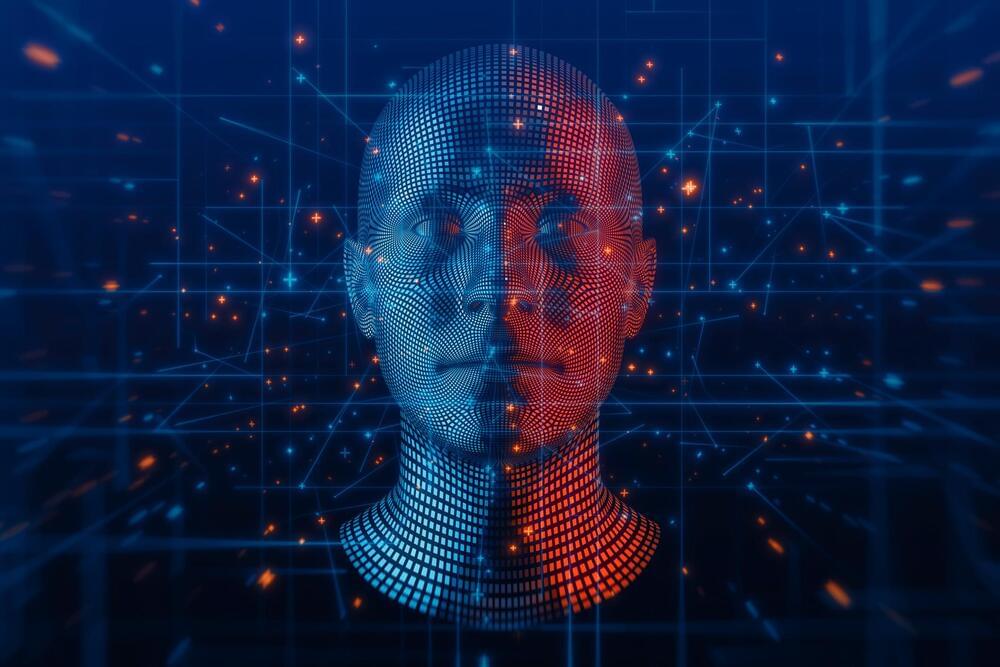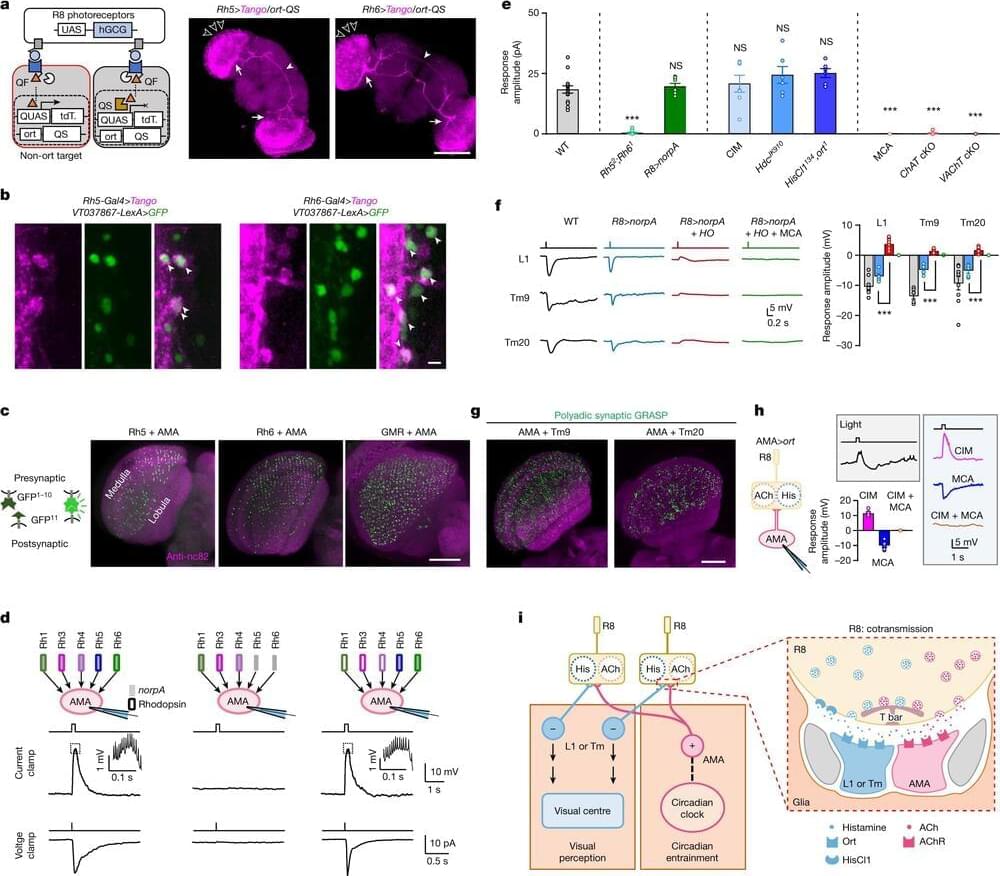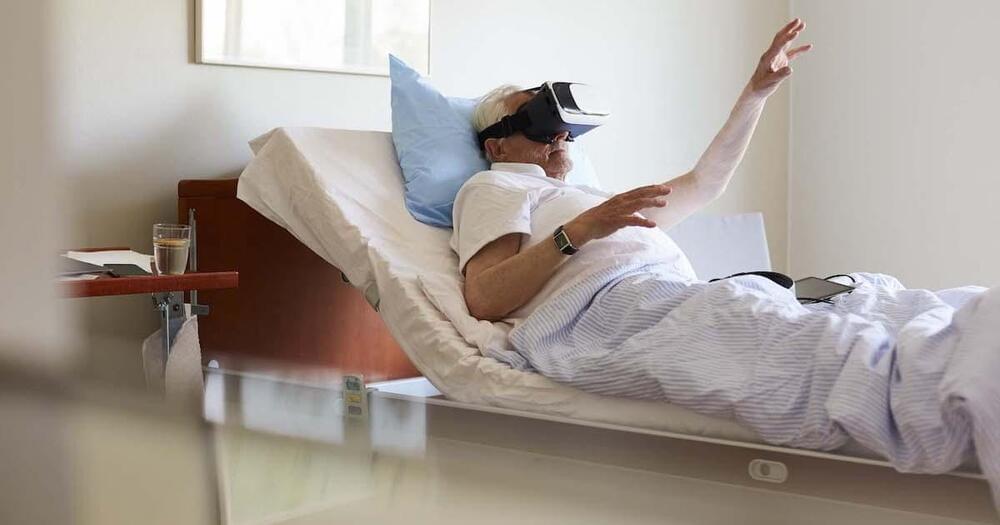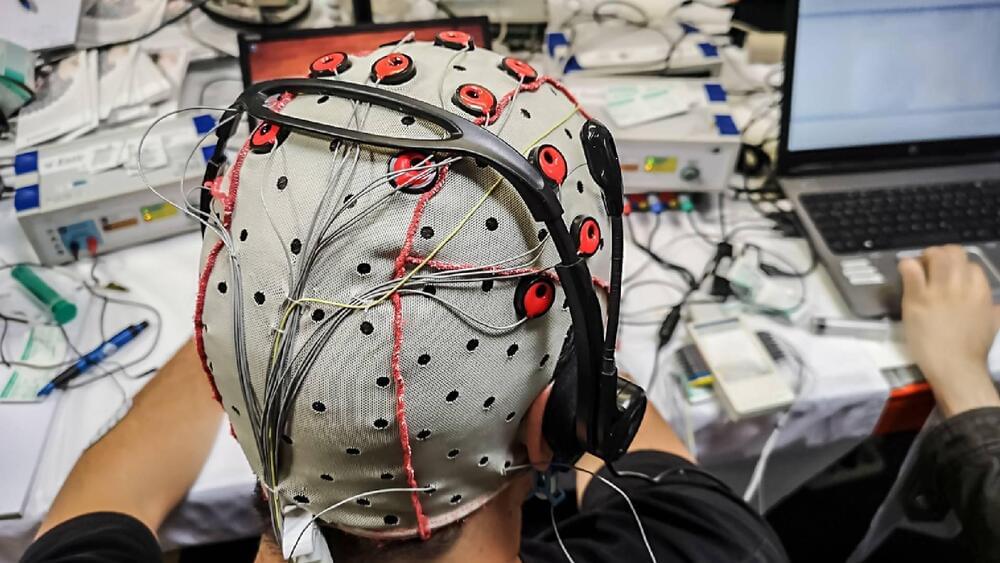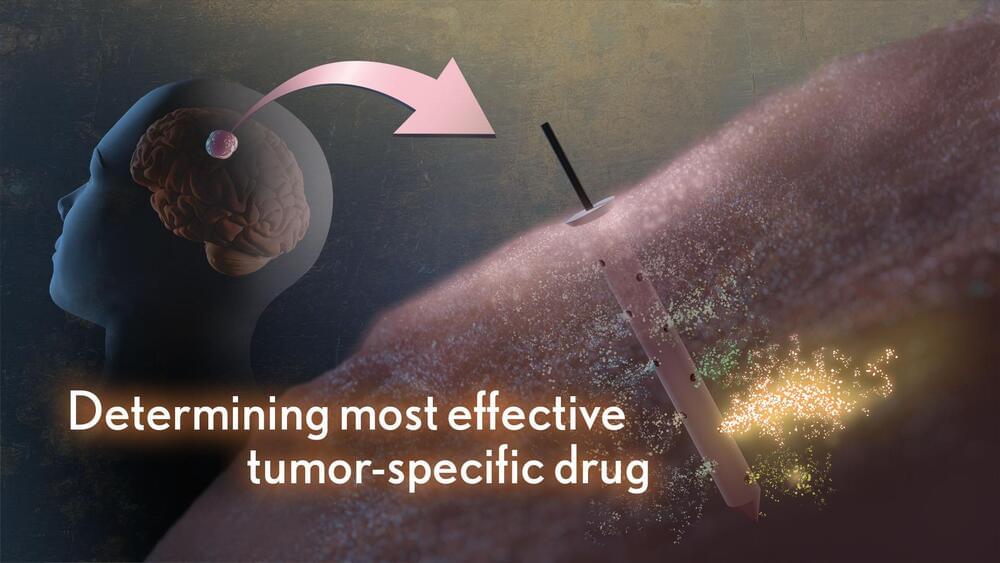The convergence of Biotechnology, Neurotechnology, and Artificial Intelligence has major implications for the future of humanity. This talk explores the long-term opportunities inherent to these fields by surveying emerging breakthroughs and their potential applications. Whether we can enjoy the benefits of these technologies depends on us: Can we overcome the institutional challenges that are slowing down progress without exacerbating civilizational risks that come along with powerful technological progress?
About the speaker: Allison Duettmann is the president and CEO of Foresight Institute. She directs the Intelligent Cooperation, Molecular Machines, Biotech & Health Extension, Neurotech, and Space Programs, Fellowships, Prizes, and Tech Trees, and shares this work with the public. She founded Existentialhope.com, co-edited Superintelligence: Coordination & Strategy, co-authored Gaming the Future, and co-initiated The Longevity Prize. She advises companies and projects, such as Cosmica, and The Roots of Progress Fellowship, and is on the Executive Committee of the Biomarker Consortium. She holds an MS in Philosophy & Public Policy from the London School of Economics, focusing on AI Safety.

